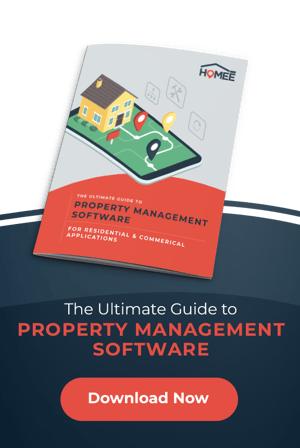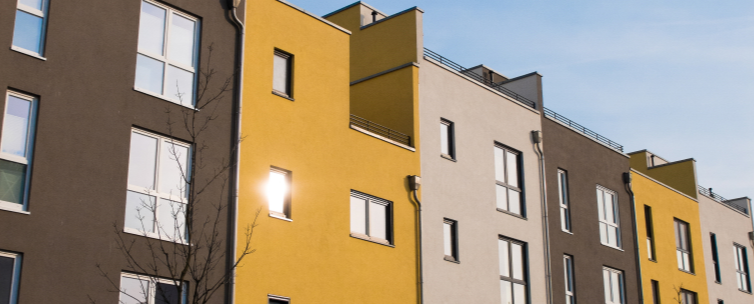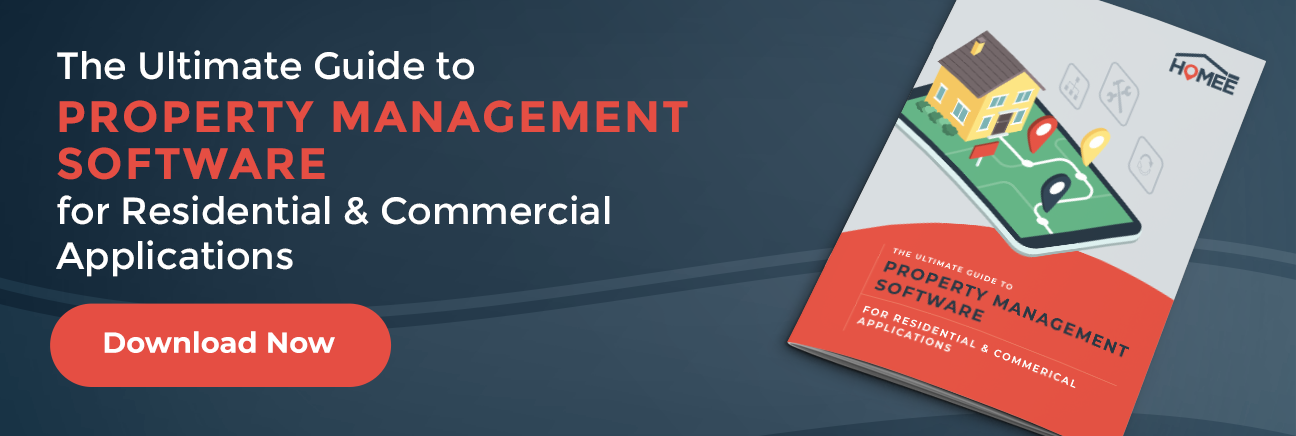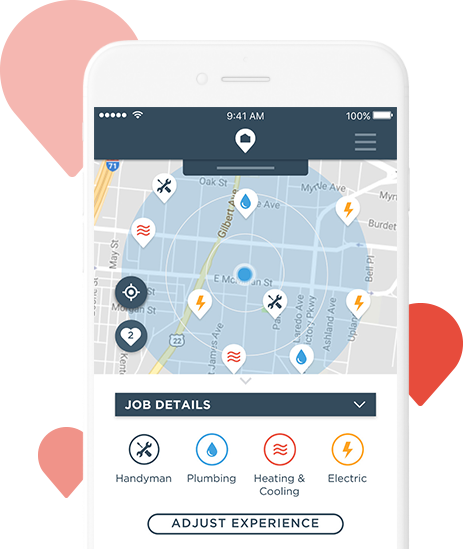Property managers may face different challenges depending on whether they’re managing commercial or residential properties. However, there are a number of issues that are common to both types of property management, including:
Screening Potential Renters
In both residential and commercial property management, PMs have to carefully screen lease applicants to ensure they’re renting to tenants who can afford the space, will not cause damage to the property, or create disturbances for which the property manager will be held accountable. This often involves conducting background and credit checks on applicants prior to presenting them with the lease.
Property managers are responsible for knowing and following all local and federal property management regulations that apply to the properties they manage.
Adhering to Local and Federal Property Management Regulations.
Property managers are responsible for knowing and following all local and federal property management regulations that apply to the properties they manage. However, these regulations may change frequently, so PMs have to periodically check with their local regulatory bodies for important updates. Some online resources, such as the Landlordology Landlord-Tenant State Laws & Regulations map, can help property managers get pertinent information, but these resources may take time to reflect the latest changes. Additionally, there may even be county- or city-specific ordinances that apply, which are not reflected in state regulations.
Maintaining Properties in Good Condition
Property maintenance is a critical issue for all types of properties. Renters demand well-maintained facilities, and a lack of maintenance is a leading cause of renters deciding not to renew. Regular and emergency property maintenance is a critical issue that contributes to the renter’s “tenant experience” and overall satisfaction—as well as their safety and health.
Handling Renter Turnover
Even the best property managers will have to deal with renters moving out sooner or later. The renter’s needs might change, or they may find new employment in a new region, or they may simply not get along with their neighbors. When tenants leave, property managers need to be able to fill the vacant property as soon as possible to minimize their financial losses. There are many questions when handling turnover. For example, if a tenant leaves unannounced, can the property manager levy a penalty (such as withholding the security deposit), or do they simply have to absorb the loss until they find a new renter? The answers to these questions may change depending on the lease agreement and local regulations.
Collecting Rent
In both residential and commercial property management, PMs need to be able to collect rent from their tenants easily. This collection process should be simple for the property manager to control and convenient for the renter to help avoid missed or late rent payments.
Inspection of Managed Properties
Routine inspections are often necessary to ensure that renters are using the property in an appropriate manner that complies with the lease agreement. These routine inspections can help property managers identify critical issues that could cause damage to the property and affect its rental value. For most properties, these inspections need to be announced well in advance to avoid ambushing renters.
Generating Notices for Inspections and Other Issues
Communication with renters is a key issue for both commercial and residential property management. This includes sending renters notices for various events, including:
- Impending inspections,
- Changes in rental rates (if rate changes are allowed)
- Upcoming maintenance visits, and
- Eviction notices
Marketing Properties to Potential Tenants
Every property manager needs to market their properties to potential renters. This frequently involves creating listings for vacant properties in online property search sites, placing ads on websites frequented by their target audience, and emailing existing renters about opportunities to upgrade to better properties.
Each of the above issues are nearly universal for both residential and commercial property management. However, there are a few issues that are more specific (or at least common) to one type of property management or the other.










